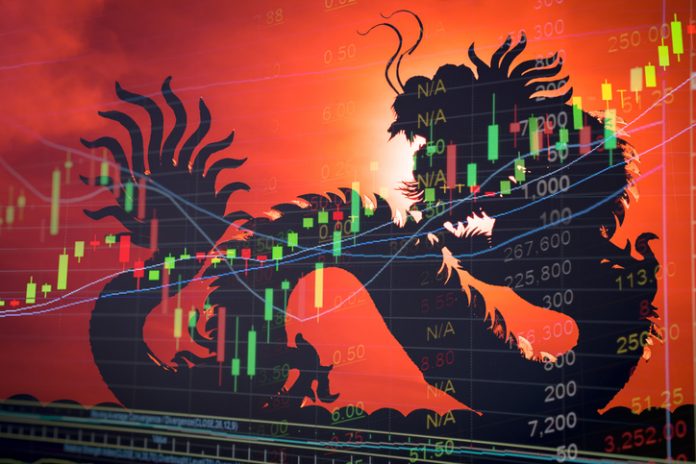The Fed’s highly expansive monetary policy is driving the demand for everything, including stocks.
The Week That Was
Inflation soared higher in October.
Producer prices for finished goods were up 1½ percent. Oil prices were up 6 percent from September, to $81 per barrel. October consumer prices were up at a 12 percent annual rate.
Even core inflation (without oil and food prices), rose at a 6 percent annual rate.
Year over year, consumer prices were up 6.2 percent, and core inflation was up 4.6 percent. These both are the highest yearly inflation rates in more than 30 years.
Weekly unemployment numbers continue to trend lower.
Initial weekly unemployment claims for early November were 267,000, down slightly from 287,000 in October.
The number of people receiving insured unemployment payments in October was 2.2 million, down from 2.8 million in September.
The combination of fewer unemployment benefits and a sharply higher cost of living is bringing workers back into the workforce.
Things to Come
On Tuesday, the October retail sales report will lead the economic news.
Retail sales data are among those fluky numbers that go all over the place and are often revised extensively.
There is a discrepancy between the retail sales numbers and income data, which creates the potential for a sharp decline in retail sales.
September data showed retail sales were 19 percent above their pre-Covid peak in February 2020. Most income data are only about 8 percent above that peak. It would appear either incomes have to surge or sales decline to put the two more in line.
Also on Tuesday, the Fed will report its estimate of manufacturing activity.
The Fed’s measure has consistently been very weak. Various business surveys indicate manufacturing activity has been fairly strong. There is a potential for Fed data to improve and catch up with the other surveys.
The November Homebuilders’ Survey is also due on Tuesday.
This is a key current indicator for new home activity. It is likely to remain close to the October reading of 80, indicating the housing market remains strong.
Although next week’s economic numbers are unlikely to have a major impact on markets, it’s important to be looking for a possible black swan.
One may come from China. Reports of a new outbreak of Covid, serious cutbacks in production, and government warnings to stockpile food all point to the potential for serious problems.
Market Forces
After hitting new record-high prices last Friday, most stocks have moved moderately lower.
For the week, the Nasdaq and QQQs are down 1½ percent to 2 percent. The S&P500 and Dow are down moderately, and small caps are up moderately.
The economic news this week was mostly negative.
Inflation numbers were much higher than most expected. Interest rates went on a wild ride as the yield on 10-year Treasury Notes went from 1.6 percent on November 3rd to 1.45 percent on the 5th and back to 1.55 percent on the 10th.
On the policy front, the Dems, with the help of 13 Republicans, were able to pass a $1,2 trillion so-called infrastructure bill. The bill allocates tens of billions to various Biden administration officials to do whatever they wish.
As usual, more increases in federal spending will shift funds from the private, productive sector to wasteful, inefficient government programs. The end result is slower growth and lower wages.
As for stocks, little has changed.
The S&P500 is 32 percent above its fundamental value. Even after the latest volatility, interest rates remain extremely low, given the rapidly depreciating value of the dollar. So long as rates remain low, stocks remain relatively attractive.
My technical guru, Joe Barto, sees signs the market is temporarily over-bought and possibly facing some short-term downward pressure.
Although stocks are overdue for at least a moderate correction, the major upward trend appears intact.
A key risk to stocks continues to be the potential for an abrupt surge in interest rates, which would take some wind out of high-flying stocks.
Outlook
Economic Fundamentals: neutral
Stock Valuation: S&P500 overvalued by 32 percent
Monetary Policy: expansive











